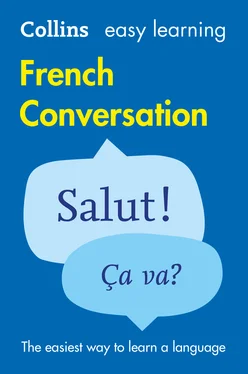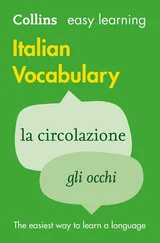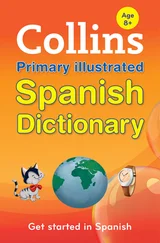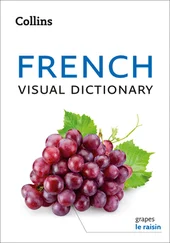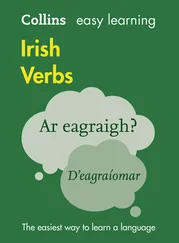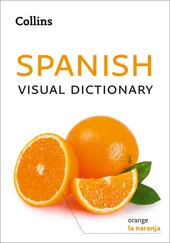| Est-ce que tu as l’intention d’aller au mariage d’Yves et Julie? |
Do you intend togo to Yves and Julie’s wedding? |
| Est-ce que vous avez l’intention deles contacter? |
Do you intend toget in touch with them? |
| Qu ’est-ce que vous avez l’intention dedire? |
What do you intend tosay? |
| Tu comptesrester dans la région? |
Do you intend tostay in this area? |
| Comment est-ce que tu compteslui annoncer la nouvelle? |
How do you intend totell him the news? |
When making arrangements with someone, use Est-ce que ça vous va si…?or Est-ce que ça te va si…?to ask someone if something suits them. vacomes from the verb aller.For more information on aller,see here.
| Est-ce que ça te va sion dîne à neuf heures? |
Does it suit you ifwe have dinner at nine? |
| Est-ce que ça vous va sije vous appelle la semaine prochaine? |
Will it suit you ifI phone you next week? |
| Ça t’iraitcomme arrangement? |
Wouldthis arrangement suit you? |
To ask somebody if they would prefer something, use Est-ce que tu préférerais que…?or Est-ce que vous préféreriez que…?( Would you prefer it if…? ), which comes from the verb préférerin the conditional. The conditional is very useful to make polite requests or offers. You can find out more about it here. For more information on -erverbs like préférer,see here.
| Est-ce que tu préférerais qu’on se donne rendez-vous en ville? |
Would you prefer it ifwe met in town? |
| Est-ce que vous préféreriez qu’on se retrouve au restaurant? |
Would you prefer it ifwe met at the restaurant? |
| Tu préférerais queje passe te chercher? |
Would you prefer it ifI came to collect you? |
| Est-ce qu’il vaut mieuxinviter aussi les conjoints? |
Is it better toinvite partners as well? |
| Est-ce qu’il vaut mieuxt’appeler le soir? |
Is it better toring you in the evening? |
| Est-ce qu’il vaut mieuxvous prévenir avant de passer? |
Is it better tolet you know before we call in? |
If you want to confirm an arrangement with somebody, you can use Est-ce qu’on est d’accord sur…?( Are we agreed on…? ).
| Est-ce qu’on est d’accord surla date? |
Are we agreed onthe date? |
| Est-ce qu’on est d’accord surle lieu du rendez-vous? |
Are we agreed onwhere to meet? |
| Tu es d’accord? |
Do you agree? |
| D’accord! |
Agreed! |
BON À SAVOIR!
D’accordis used to accept offers or to agree: On y va ensemble? – D’accord!( Shall we go together? – OK! ).
SAYING WHAT YOU HAVE TO DO
When you want to say that you have to do something in French, you use il faut que( I have to ) followed by the subjunctive. For more information on the subjunctive, see here.
| Il faut queje passe un coup de fil. |
I have tomake a phone call. |
| Il faut queje reste chez moi ce soir. |
I have tostay in tonight. |
| Il faut qu’on y soit à huit heures pile. |
We have tobe there at eight o’ clock sharp. |
| Je suis obligé desortir dîner avec mes collègues. |
I have togo out to dinner with my colleagues. |
| Tu n’es pas obligé deloger à l’hôtel. |
You don’t have tostay at the hotel. |
BON À SAVOIR!
To say that you don’t have to do something, use je ne suis pas obligé de,not il ne faut pas que jewhich means I mustn’t .
To say what you have to do, you can also use je dois( I must ) and then the verb in the infinitive. doiscomes from devoirwhich you can find out about here.
| Je doisfinir avant cet après-midi. |
I mustfinish before this afternoon. |
| Je doisles prévenir. |
I mustwarn them. |
| Je doisle rembourser cette semaine. |
I mustpay him back this week. |
| Tu ne dois pasoublier de signer le contrat. |
You mustn’tforget to sign the contract. |
| Vous ne devezen parler à personne. |
You mustn’ttell anyone. |
When you want to say that you should or ought to do something, use il faudrait que( I should ) and then the verb in the subjunctive. Like faut, faudraitcomes from the verb falloir,but faudraitis the conditional. To find out more about the conditional and the subjunctive, see here.
| Il faudrait quej’appelle Anne. |
I shouldcall Anne. |
| Il faudrait quetu nous rendes visite. |
You shouldcome and visit us. |
| Il faudrait queje te donne mon numéro de portable. |
I shouldgive you my mobile number. |
To ask what someone has to do or when, how, why or where they have to do it, put qu’( what ), quand( when ), comment( how ), pourquoi( why ), où( where ) and so on at the beginning of the sentence, before est-ce qu’il faut que( do you have to ). Remember that the verb after il faut queis in the subjunctive. To find out more about the subjunctive, see here.
| Est-ce qu’il faut que tuleur donnes une réponse aujourd’hui? |
Do you have togive them an answer today? |
| Est-ce qu’il faut que tupartes tout de suite? |
Do you have togo right now? |
| Est-ce qu’il fautamener quelque chose? |
Do we have tobring something? |
| Qu ’est-ce qu’il faut que tufasses? |
What do you have todo? |
| Quand est-ce qu’il faut que cesoit fini? |
When does it have tobe finished? |
| Où est-ce qu’il faut que jem’assoie? |
Where do I have tosit? |
Читать дальше
